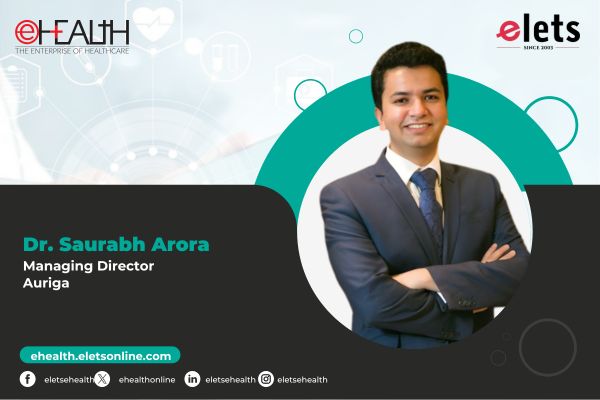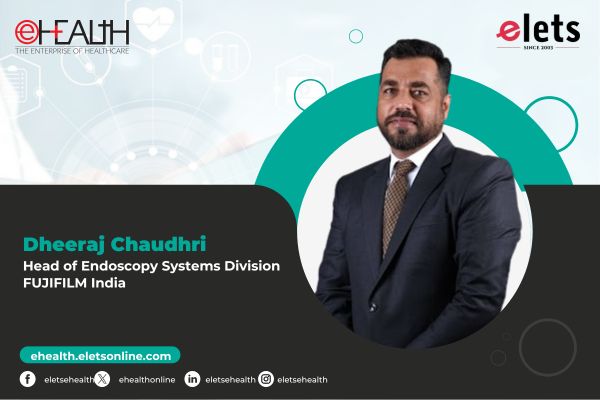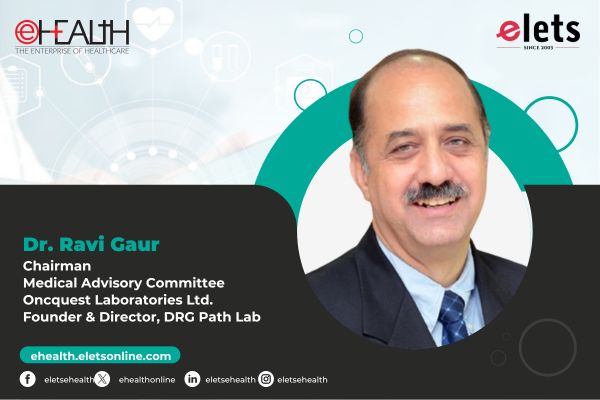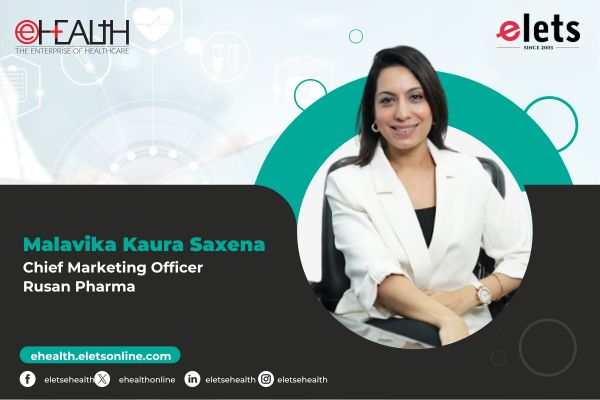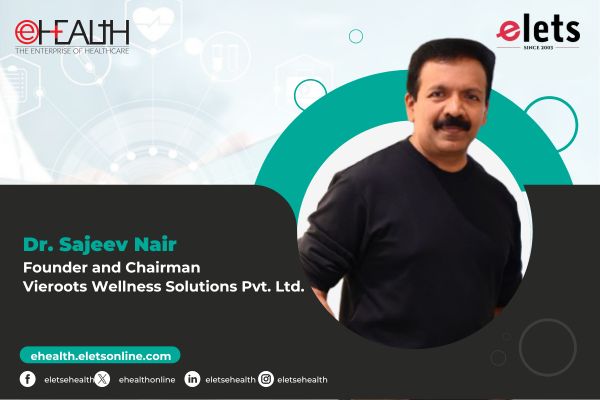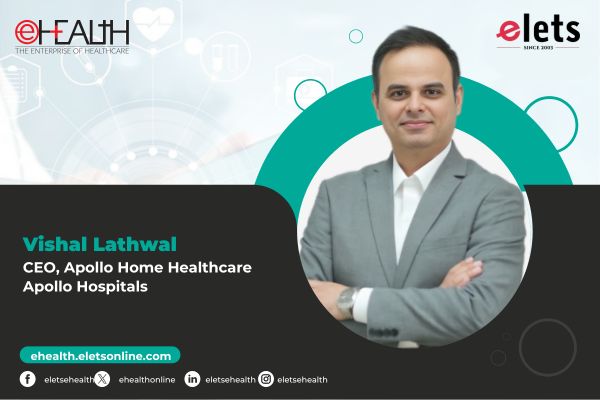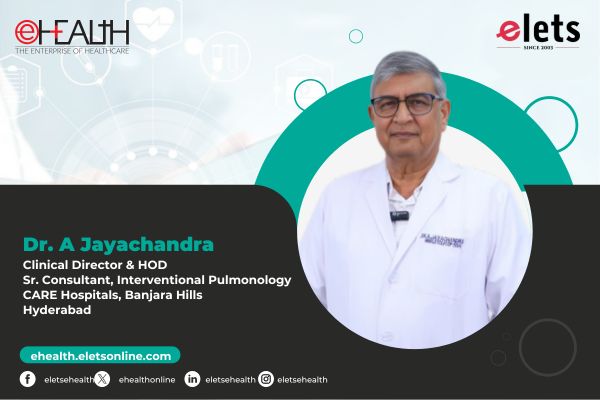
When we think about the dangers of smoking or tobacco use, cancer is usually the first thing that comes to mind. And rightly so, lung and oral cancers are serious and life-threatening. But what many people don’t realise is that tobacco affects much more than just your chances of getting cancer. It harms your lungs, your breathing, your mouth, and even your ability to recover from illness. And these effects don’t just stay at home; they show up at work too, in the form of missed days, lower productivity, and higher medical costs.
For companies that care about employee well-being, it’s time to go beyond basic health check-ups and take a closer look at how tobacco is affecting the workforce. Including tobacco risk assessment in regular health screenings can be a simple yet powerful step toward building a healthier workplace.

Tobacco doesn’t just damage your health overnight. The impact builds up slowly, often without any warning signs. One of the most common long-term problems seen in tobacco users is Chronic Obstructive Pulmonary Disease (COPD), a condition that makes it hard to breathe and gets worse over time. Smokers are also more likely to get lung infections like bronchitis and pneumonia. And if someone already has asthma, smoking can make their symptoms much harder to manage.

But it’s not just the lungs. Tobacco use, whether smoked or chewed, can cause serious issues in the mouth. From gum infections and tooth loss to white patches known as leukoplakia, which can develop into cancer, the impact on oral health is significant. Smokers also tend to have bad breath, slow healing after dental work, and frequent mouth ulcers.

These health issues don’t just affect personal life, they also affect work. People who use tobacco are more likely to fall sick, take leave, and need longer recovery times. That’s a burden for any organisation, especially when you think about how one person’s health can affect an entire team’s performance. On top of that, second-hand smoke exposure puts even non-smokers at risk, especially in shared spaces.

So, what can companies do?
The first step is recognising that annual health check-ups should do more than tick boxes. A tobacco risk assessment is a focused health screening that helps identify whether someone is using tobacco, how long they’ve been using it, and what kind of health issues may already be developing, even if they feel fine. It usually includes a questionnaire about usage, a doctor’s evaluation of the lungs and mouth, breathing tests, and sometimes a low-dose CT scan for long-term smokers.
The benefit of this is early detection. Many of the diseases caused by tobacco are treatable or manageable if caught early. But once symptoms show up in a big way, like constant coughing, breathlessness, or weight loss, the damage is often already done.
From a company’s perspective, this is not just about health, it’s about smart planning. Employees who stay healthy are more productive, take fewer sick days, and bring better energy to their work. And in today’s world, where younger generations are choosing employers based on wellness policies and company values, showing that you care about your team’s health can make a big difference.
Tobacco assessments also fit into bigger goals like Environmental, Social, and Governance standards and the Sustainable Development Goals, Good Health and Well-Being. These aren’t just buzzwords anymore, they matter to investors, customers, and employees alike.
At the end of the day, this is about moving from a reactive approach, where we wait for people to fall sick, to a preventive one, where we catch problems early and offer support before it’s too late. Whether that’s helping employees quit tobacco, connecting them to a lung specialist, or just giving them the awareness to make healthier choices, small steps can lead to big changes.
Smoking and tobacco use are not just cancer risks, they are everyday health risks that impact breathing, immunity, oral health, and overall well-being. Companies that acknowledge this and take action will not only have healthier employees, they’ll build stronger, more resilient teams.
Views expressed by: Dr. A Jayachandra, Clinical Director & HOD, Sr. Consultant, Interventional Pulmonology, CARE Hospitals, Banjara Hills, Hyderabad
Be a part of Elets Collaborative Initiatives. Join Us for Upcoming Events and explore business opportunities. Like us on Facebook , connect with us on LinkedIn and follow us on Twitter , Instagram.
"Exciting news! Elets technomedia is now on WhatsApp Channels Subscribe today by clicking the link and stay updated with the latest insights!" Click here!






